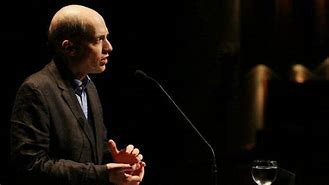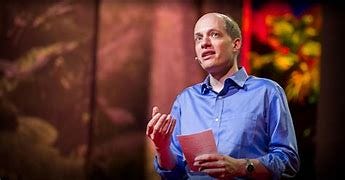The Gen X public thinker Alain de Botton (1969-) has succeeded in his main goal: to make philosophy relevant to our everyday lives. The Swiss-British author, who founded The School of Life in 2008, has delivered four bestsellers and several other books bringing home the most applicable wisdom of the philosophers.
De Botton’s bestsellers were Essays in Love (1993), How Proust Can Change Your Life (1997), Status Anxiety (2004), and The Architecture of Happiness (2006), which focused on aesthetics. His other books are The Consolations of Philosophy (2000), The Pleasures and Sorrows of Work (2009), Religion for Atheists (2012) — in which he focuses on our need for connection, ritual, and transcendence — Art As Therapy (2013), The News: A User’s Manual (2014), The School of Life: An Emotional Education (2020), and A Therapeutic Journey: Lessons from the School of Life (2023).
Philosophy, de Botton has shown us, offers us tools for our growth, resilience, and decision-making. Philosophy can shape our values in beneficial ways and can help us deal with life’s challenges.
First and foremost, philosophers teach us acceptance: that we must accept life’s struggles — and not be afraid of them — and that those struggles are inevitable for each of us. We can navigate our failures. Through the difficult times and the disappointments and even the pain, we can stay balanced and calm.
“The most important lesson from philosophy,” de Botton notes, “is that suffering is part of the human condition and can be endured.”
Life is messy, and we need to accept that we are imperfect and that we have limitations. We should not seek happiness through an illusory perfection but happiness rooted in meaning and growth.
“The purpose of life is not to be happy,” de Botton intones, “but to be useful, to be honorable, to be compassionate, to have it make some difference that you have lived and loved well.”
At the same time, we should reflect regularly about our own weaknesses. And reflect on our motives, which are sometimes pure and sometimes impure. A good life requires our self-awareness, and self-awareness depends on introspection. We need to reflect on our experiences and approach life’s challenges thoughtfully.
“Philosophy can give us a more accurate understanding of what’s happening in our lives,” says de Botton.
Self-understanding is not all about being hard on ourselves. We also need self-compassion. We need to be kind to ourselves.
It is unwise to compare our self to others in unrealistic ways. We make our self feel inadequate. We are left feeling dissatisfied and frustrated. Instead, we should focus on what really matters to us personally.
But this approach, he suggests, can make us happier. “Self-understanding is the most important step towards finding contentment in life.”
Understanding this about ourselves, we need to also keep our expectations of other people in check. We should realistically and patiently accept people’s flaws, and accept the complexity of relationships.
De Botton reminds us that “love is a skill, not just a feeling”. He asserts that “we’re all fragile, insecure, confused, uncertain”, and so “it’s important that we learn to be kind to each other”.
Most of what de Botton teaches us is common sense, as when he addresses work: If we are able to do so, we should find work that resonates with our interests and passions — work that is less frustrating and more fulfilling.
He also has an interesting take on art. He emphasizes the way art comforts us, gives us perspective, helps us understand our complex feelings, and helps us make sense of our relationships.
“Art offers us a way to see things differently,” he observes, “to see the world not just as it is, but as it could be.”
If we think these ways and act accordingly, de Botton advises us, we will grow through our struggles, we will act more wisely in the world, we will become better people, and we will have more fulfilling and meaningful lives.










